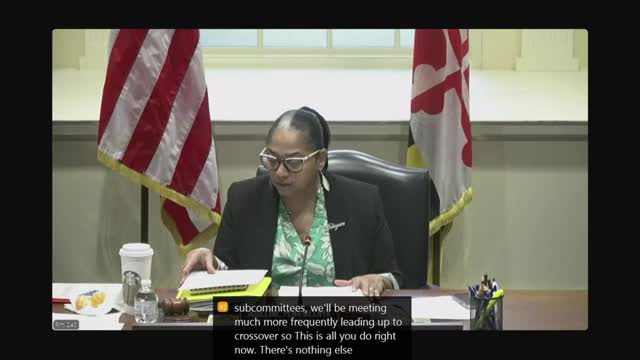Article not found
This article is no longer available. But don't worry—we've gathered other articles that discuss the same topic.
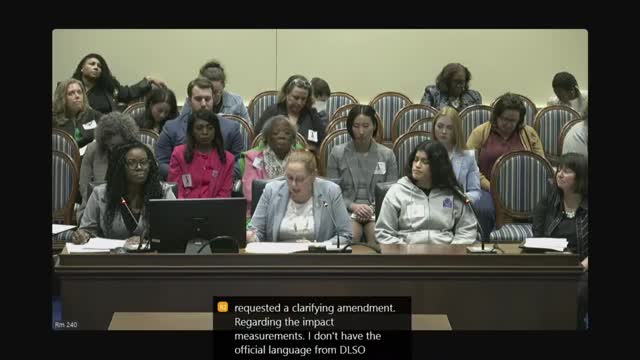
Delegates press agencies to fix pediatric hospital overstays as bill seeks beds, coordination and reporting (HB 9 62)
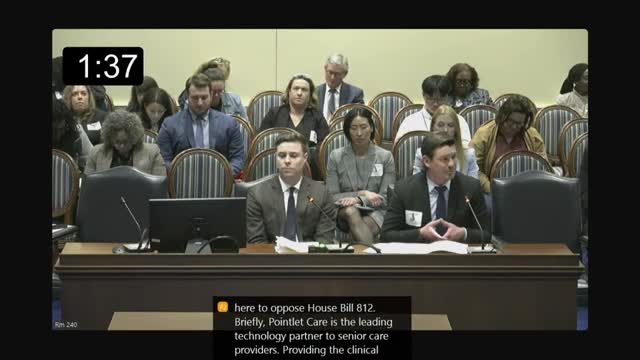
Sponsor seeks to repeal certificate‑of‑need requirement for psychiatric services amid capacity debate
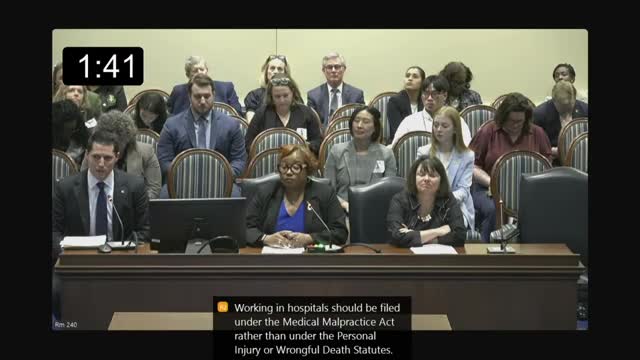
Bill would let hospitals direct community‑benefit funds to community health worker partnerships
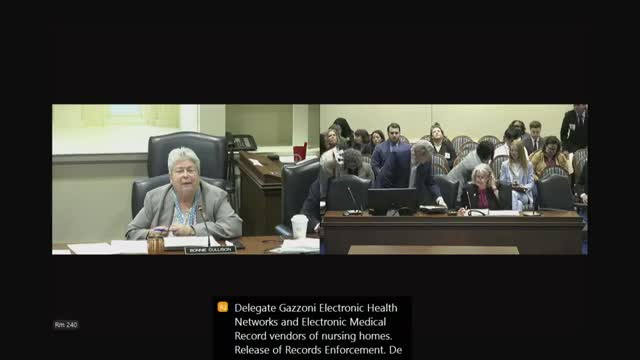
Sponsors press EMR companies over ‘information blocking’ in nursing home records bill (HB 8 12)
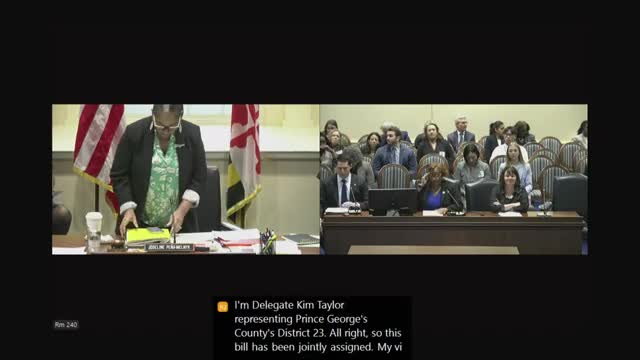
Bill to expand definition of ‘health care provider’ advances amid dispute over malpractice protections
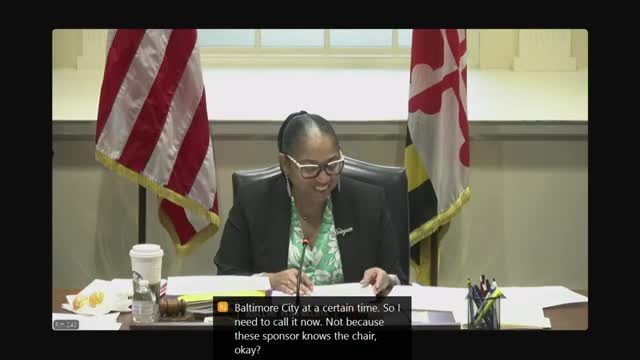
Committee hears broad support and questions for overdose‑prevention center pilot (HB 8 45)
